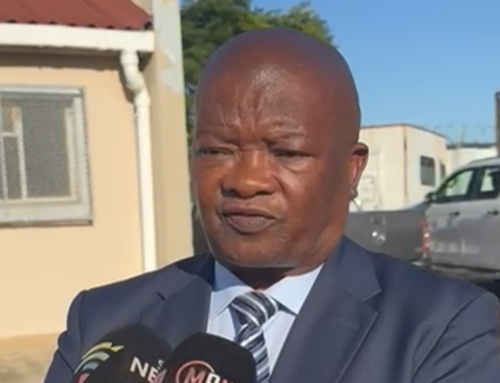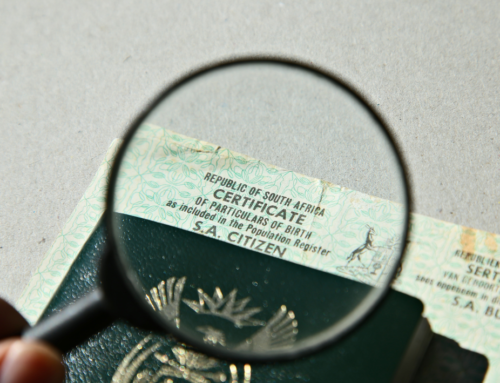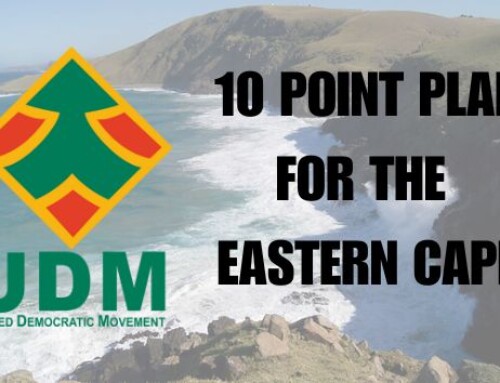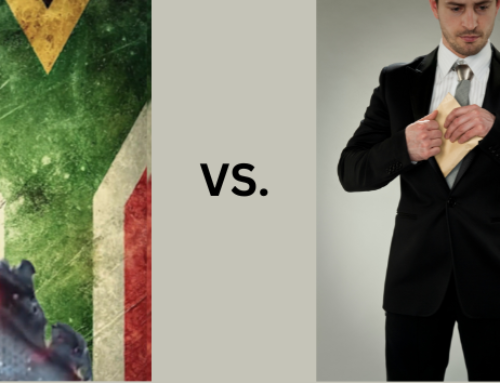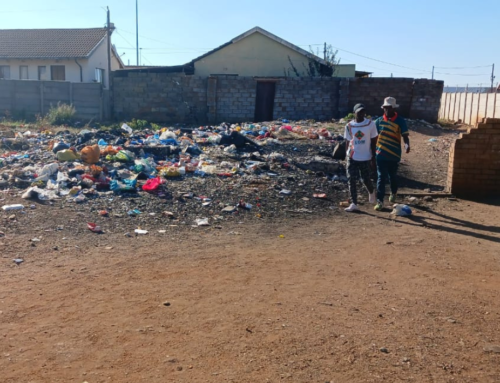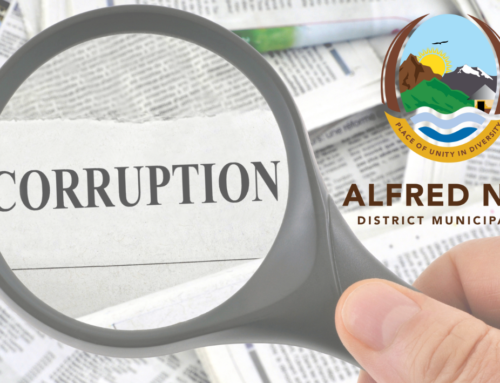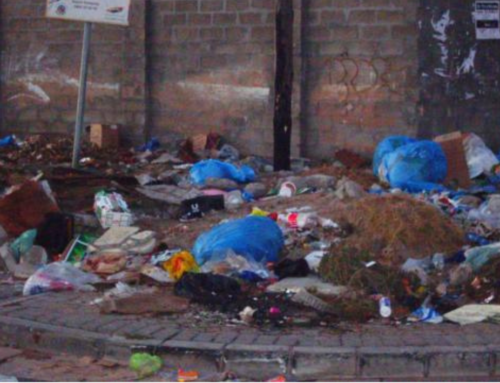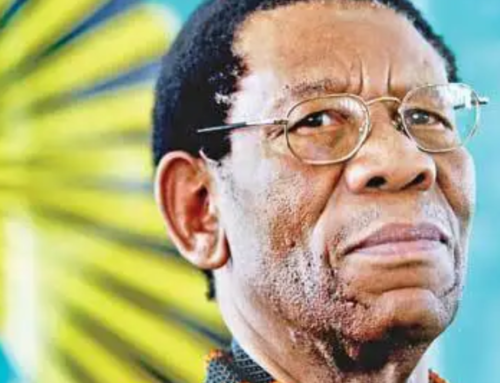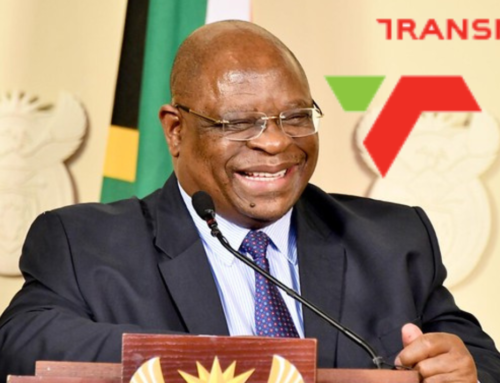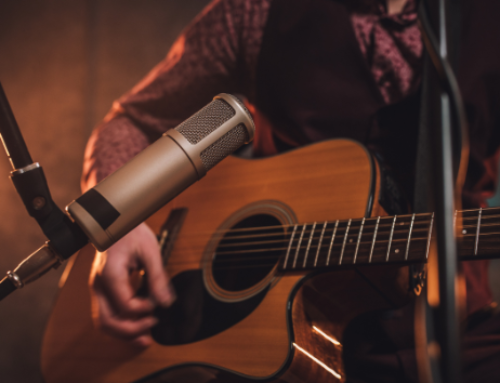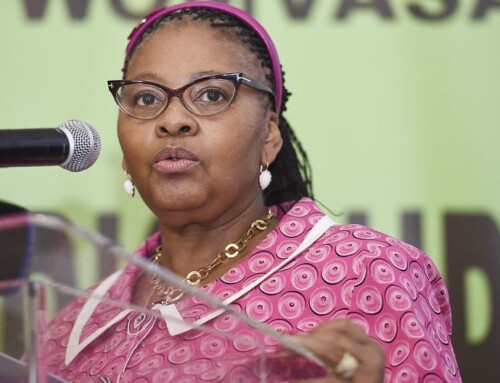

President of the Republic of South Africa
Private Bag X1000
Pretoria
0001
Dear Mr President
Response to the Copyright Amendment Bill and Performers Rights Amendment Bill
1. Let me start by congratulating you for two things: 1) Finally having the Copyright and Performers Acts amended. We are acutely aware that you and your colleagues have been strongly lobbied and threatened for years by the European Union (EU) and the United States, on behalf of their powerful cultural industry, made up of, inter alia, Hollywood Studios, record labels and publishers, which occasioned the delayed overhauling of the intellectual property space. 2) For returning to legal drafters, the draft Copyright Amendment Bill in June of 2020, due to its inappropriateness of the mischievous inclusion of the “fair use principle”.
2. However, Mr President, we remind you of the “justice delayed, justice denied” reality of artists’ lives. The Copyright and Performers Rights’ Acts should have been overhauled a long time ago. The delay in itself is taking away certainty, income and dignity from our creative and cultural industries.
3. The last time there was an effort to have progressive changes to our intellectual property laws was between 1996 and 1999, when the ASAMI (Association of South African Industry) CEO, Mthunzi Mdwaba (now our Chief Advocate and lobbyist at UDM) was leading the lobby and initiative of Public Performance Rights (popularly known as Needle-time), local content pre-ICASA days, when it was still the IBA. It was also at this time that he led the overhauling of all audio-visual exploitation right by re-drafting all contracts with the likes of MNet, Channel 0, the SABC and other players.
4. Since then, there has been a failure to go beyond lip-service and rhetoric and there has, instead been a systematic erosion of artists’ rights. Artists and creatives, for purposes of clarity, Mr President, includes rural indigenous people, heritage, traditional music, designers, crafters in the rural villages and fine art.
5. “Fair Use” for the free use of copyrighted works for certain activities such as research and teaching, is a very mischievous and colonialist phrase. What does this mean, other than the fact that it seeks to continue the West’s continued erosion of every facet of our lives.
6. The open-ended long list of exceptions to copyright is alarming and cannot be allowed as it takes away the artists’ rights, rather than protect them. Why are we constantly allowing the Global North to impose their extractive and exploitative models on us as developing countries of the Global South?
7. Why are we allowing the FAANG (Facebook, Apple, Amazon, Netflix and Google), the big tech colonisers and creators of Artificial Intelligence (AI) to now also colonise our content, data and protectable intellectual property?
8. Why are we not placing South Africa and its creative people first and considering the African Union (AU) 2063 agenda, the Africa Free Continental Trade Agreement (AfCFTA) and BRICS+ being the partners we align with in protecting our artists and cultural properties in order to protect our artists incomes and dignity? Why are we always so eager to please the Global North at our expense? At what point are we going to have coherence and consistency in the manner in which we approach our human capital development and protection of our economy.
9. Who decides what is fair use? This is extremely dangerous to everyone especially in an AI environment as we navigate the future of work and its implications on people’s rights. The West must recognise that our creative and cultural industries need as much protection as theirs do. In fact, it can be argued that what they refer to as their content, was extracted from developing countries anyway. We must, Mr President, insist on licensing agreements and other ways that protect our artists’ livelihoods, income and dignity.
10. Sustainable Development Goals (SDGs) 1, 2 and 8, namely, No poverty, Zero Hunger and Decent Work and Economic Growth of the United Nations (UN) as read with the International Labour Organisation (ILO) principles of decent work and dignity are particularly apposite. Given the absence of an Employment Policy by the Department of Employment and Labour (DEL) which was to have been drafted when the department’s name changed at the beginning of your 6th administration, these are the kind of gaps we shall continue to have in the protection and growth of our economy.
11. As the UDM, this is one of our priorities. Get an Employment Policy and Industrial Policy drafted and adopted urgently so we are coherent and focused on sustainable development underpinned by a developmental state.
12. A global network of authors’ societies, made up of more than five million creators is asking the National Assembly not to adopt the Copyright Amendment Bill in its present form. The adoption of this Bill would harm South Africa’s creative community and be out of step with International best practice.
13. In order not to be misunderstood, Mr President, the Performers Rights Amendment Bill is also supported as it is way overdue in terms of overhauling and protecting performers, particularly for repeat performances. This is important and supported.
14. However, in its present form, it is fraught with huge challenges in that it generalises and uses the same rule for music and acting. When a musician is making a music video, extras are sometimes paid in using same as a promotional tool. The same does not hold true for film. While the actor MUST be paid for repeated use and additional territorial commercial exploitation, the same cannot be done for extras in a video performance. This would require that artist to also pay for the extras again. So, the Bills must be treated separately but harmonised and aligned. Artists are a broad community.
15. We also have a missed opportunity in that the 50-year copyright protection after the passing of the owner, is way behind other territories and again suits the West, when some of their progressive countries have increased the protection to 70-years some time ago now. This was of course done at the instance of the Elvis Presley family.
16. Why are we as South Africa, as a member of the AU, BRICS, developing countries and the Global North not taking the initiative for once to increase this from 50 years to 75 or 80 years given that life expectancy of first-generation beneficiaries these days has increased anyway.
17. In conclusion, Mr President, let us act in line with protecting our people and not be imposed upon by colonisers. This is your opportunity to leave a legacy and to prevent additional human rights abuses – these fall squarely within the ambit of the UN Business and Human Rights.
18. Mr President, there is an additional unforeseen and probably unintended consequence of this mischievous “fair use principle”. Content owned by the State such as archival material held by the ailing SABC would also have to be made available for research and teaching, thus depriving sale of revenue.
19. As the UDM, we implore you to do the right thing. This is also an opportunity to contribute to the improving of what has become an unacceptable trend of artists dying as paupers and automatically having their kids’ being paupers as well.
20. Lastly Mr President, the South African creative practitioners applaud the long-awaited passage of the bills through the National Assembly. The process of liberating the Creative Sector from outdated apartheid-era economics has been contentious, and the process continues to be threatened by international lobbyists who oppose transformation as a matter of principle. It is now up to the President to show his support for South African creatives and for the sector that is paralysed by a lack of regulation and a progressive policy framework. Creatives anxiously await decisive action by the President and call on him to sign the bills into law as a matter of urgency, taking into consideration the concerns the creative practitioners’ community have raised on both bills as I have detailed in this letter.
Yours sincerely
Mr Bantu Holomisa, MP
President of the United Democratic Movement






